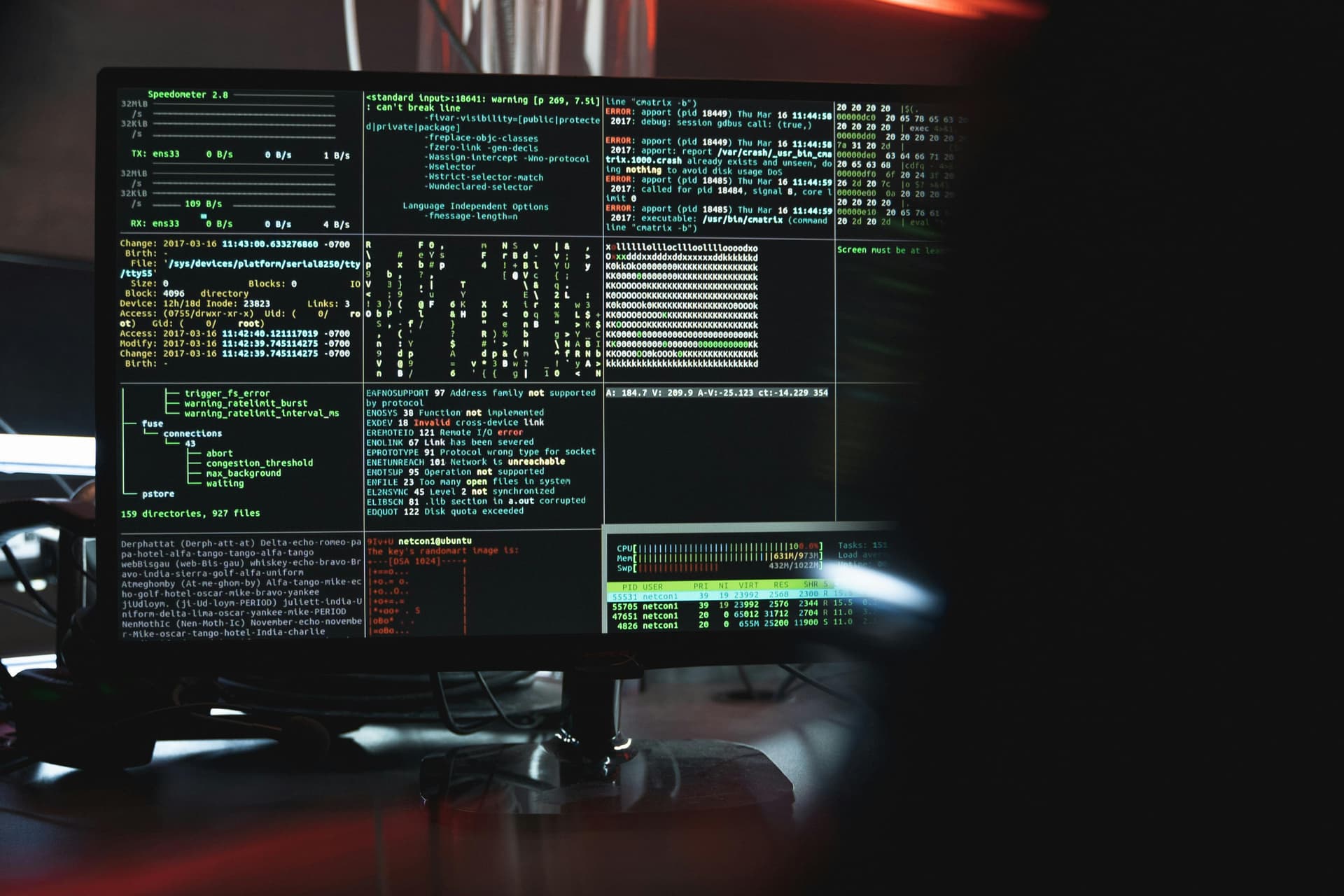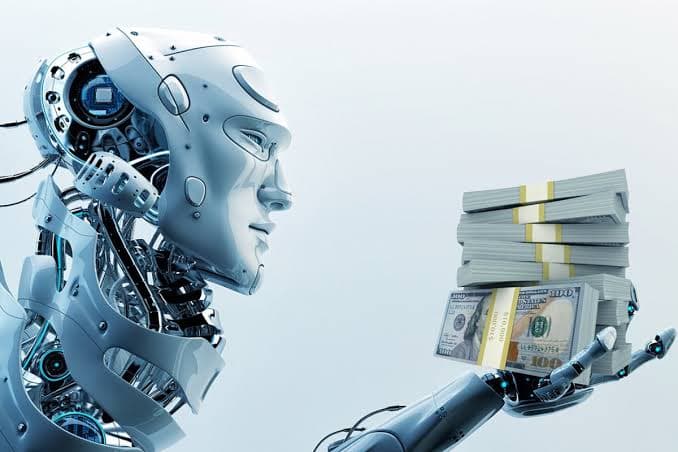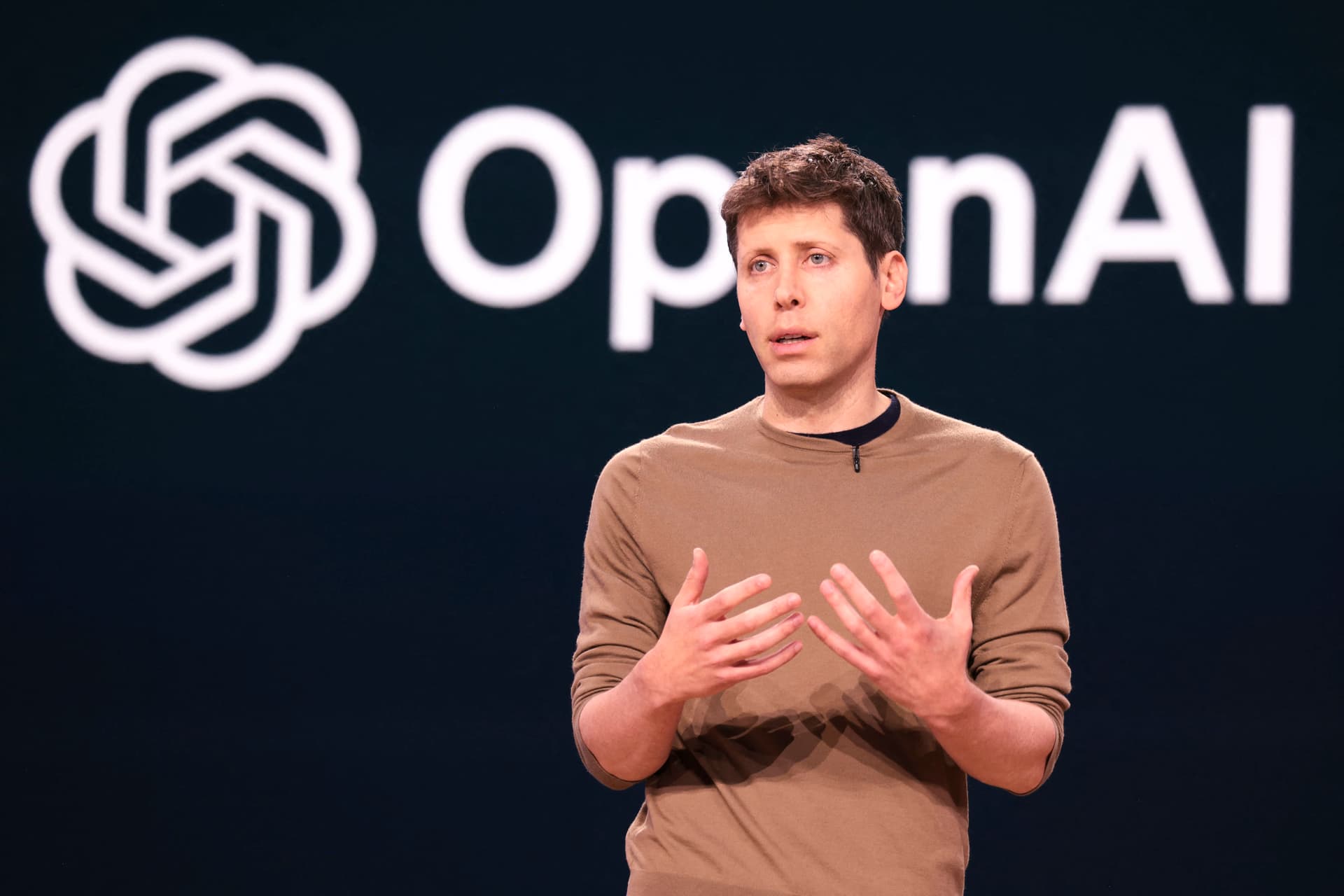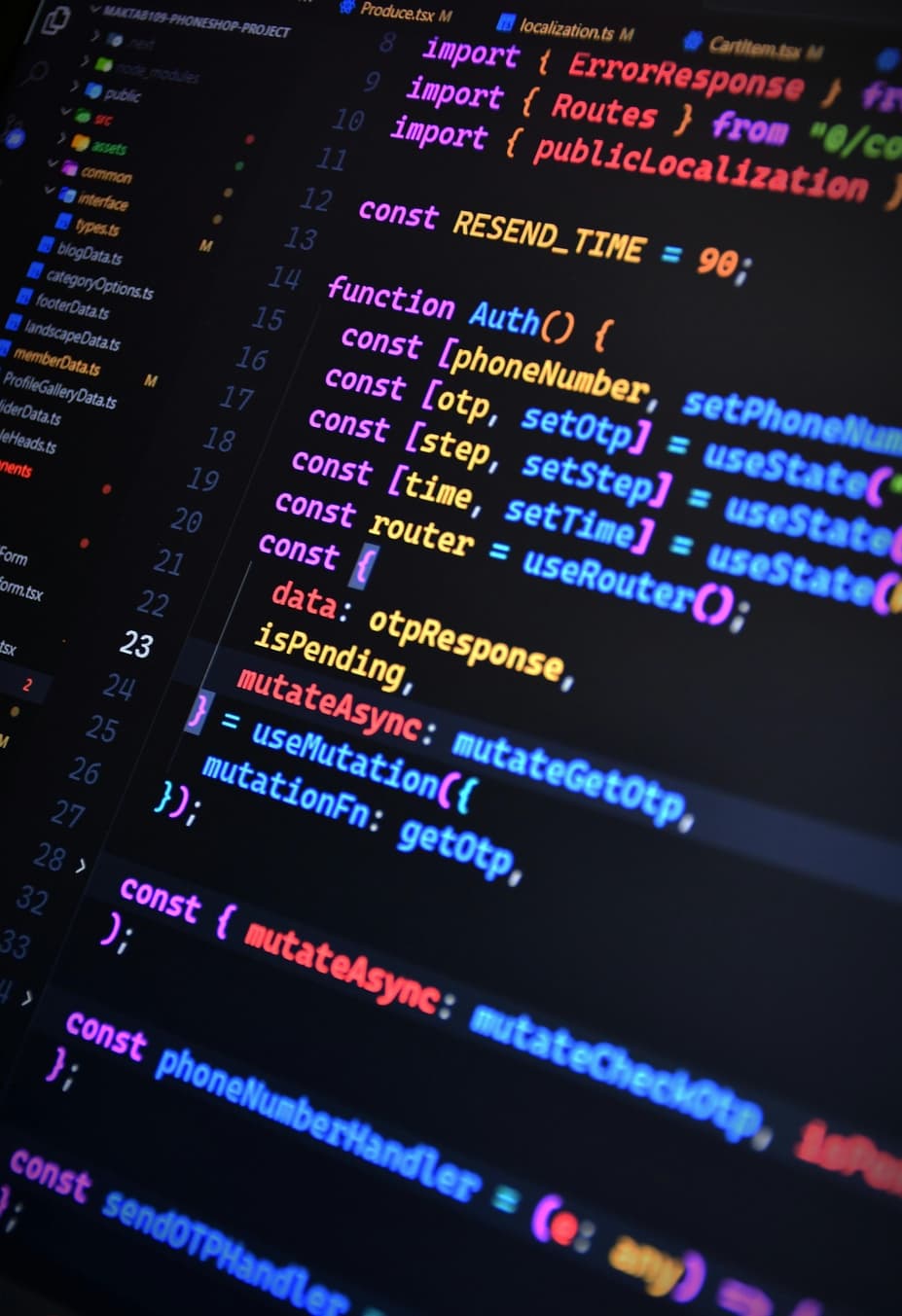Remote Work Made Engineers Worse (The Data Nobody Wants to Share)

When Google's internal study revealed remote engineers were submitting 23% more bugs, the report disappeared so fast you'd think it was written in disappearing ink.
Welcome to tech's most uncomfortable conversation: how working from home might be making us technically worse.
The Numbers Nobody Wants to Share
Microsoft's leaked engineering effectiveness study reveals some disturbing patterns:
- Code quality: Down 23% since going remote
- Architecture decisions: 47% more likely to need revision
- Knowledge transfer: Down 68% between team members
- Innovation metrics: Dropped 35% across all teams
"We kept looking for other explanations," admits Dr. Sarah Chen, who led the study. "But the pattern was consistent: engineers are getting technically weaker in isolation."
The Learning Collapse
Here's where it gets interesting. The problem isn't productivity - it's knowledge transfer. GitHub's analysis shows:
- Junior engineers taking 3x longer to reach proficiency
- Mid-level engineers plateauing earlier
- Senior engineers becoming more siloed
- Institutional knowledge evaporating faster
"The office wasn't just where we worked," explains Dr. James Liu from Stanford's Engineering Psychology Lab. "It was where we accidentally learned from everyone around us."
The Hidden Costs
The data reveals three types of learning that disappeared with offices:
- Ambient Learning
- Overhearing problem-solving discussions: Gone
- Spontaneous code reviews: Vanished
- Quick architecture debates: Extinct
- Casual mentoring moments: Missing
- Technical Osmosis
- Learning from others' mistakes: Down 78%
- Exposure to different coding styles: Reduced by 65%
- Understanding system interactions: Declined 44%
- Architecture knowledge transfer: Dropped 53%
- Innovation Triggers
- Spontaneous collaboration: Down 72%
- Cross-team pollination: Reduced 81%
- Experimental projects: Declined 63%
- Technical debates: Nearly extinct
The Psychology Behind the Decline
MIT's research into remote engineering teams found something fascinating: it's not just about missing information - it's about missing context.
In-person teams develop what psychologists call "shared technical mental models." Remote teams develop individual ones that often conflict.
The numbers are stark:
- Technical disagreements: Up 156%
- Architecture conflicts: Increased 94%
- Implementation debates: Doubled
- Resolution time: 3x longer
The Competency Paradox
Here's the twist: while individual productivity metrics look fine, collective technical capability is declining. Teams are:
- Solving fewer novel problems
- Reusing more existing solutions
- Taking fewer technical risks
- Innovation less frequently
The Solutions Nobody Likes
The data suggests some uncomfortable solutions:
- Mandatory In-Person Learning Days
- Focus on knowledge transfer
- Prioritize technical discussions
- Schedule architecture reviews
- Enable spontaneous learning
- Virtual Knowledge Spaces
- Always-on video rooms for ambient learning
- Dedicated technical discussion channels
- Recorded architecture sessions
- Virtual pair programming
- Structured Learning Programs
- Formal knowledge transfer sessions
- Technical mentorship programs
- Cross-team rotations
- Architecture review boards
The Future We Need to Plan For
The long-term implications are serious:
- Widening skill gaps between engineers
- Slower professional development
- More fragmented technical knowledge
- Decreased innovation capability
What Actually Works
Companies successfully fighting this trend share common patterns:
- Hybrid Learning Models
- In-person technical sessions
- Remote execution
- Structured knowledge sharing
- Deliberate social learning
- Enhanced Documentation
- Context-rich documentation
- Decision records
- Architecture journals
- Learning pathways
- Virtual Apprenticeships
- Structured mentoring
- Pair programming
- Code review partnerships
- Technical shadowing
The Path Forward
The future isn't about choosing between remote work and technical excellence - it's about redesigning how we learn and grow as engineers.
As one Google engineering director put it: "We're not just working remotely - we're learning remotely. And we haven't figured out how to do that well yet."
The Last Word
Remote work isn't making us worse engineers because we're working from home. It's making us worse because we haven't rebuilt the invisible learning infrastructure that offices accidentally provided.
The solution isn't returning to offices - it's finally getting intentional about how engineers really learn and grow.
And maybe that's a conversation we should have had long before we all went remote.
Related Posts

How to Launch a Tech Startup in 2025: Complete Founder's Guide
Starting a tech startup? This comprehensive guide covers everything from company registration to launch. Learn how to build a strong foundation and avoid common pitfalls.

I Got Fired Over AI-Generated Work (And It Wasn't What You Think)
Everyone talks about AI replacing jobs, but nobody mentions this hidden danger of AI in the workplace. Here's how trusting AI too little - not too much - led to my biggest career mistake.

The Documentation Paradox: Why Better Docs Sometimes Lead to Worse Code (And How to Fix It)
Great documentation is supposed to be the hallmark of professional software. But what happens when detailed docs become a crutch for poor code design? Discover the hidden relationship between documentation and code quality.

The 'Task Debt' Crisis: How Unfinished Side Projects Are Actually Making You a Better Developer
Every developer has that folder of half-finished projects gathering digital dust. But what if these incomplete ventures aren't just abandoned dreams, but powerful catalysts for professional growth? Here's how your 'task debt' is secretly making you a better programmer.

Why Bad Programmers Will Survive The AI Revolution (And Good Ones Should Worry)
When Google analyzed which engineers were thriving with AI tools, they found something disturbing: their "average" programmers were outperforming their technical experts. The reason? Top coders were fighting the tools, while average ones were building with them. Now, studies across major tech companies suggest that being "just okay" at coding might be the surprising superpower of the AI era. And the implications are making tech leaders nervous.

Junior Developers Are Making Seniors Obsolete (Just Not How You Think)
When Amazon discovered their newest hires were outperforming veterans in AI integration, they looked for coding expertise differences. Instead, they found something more interesting: juniors were succeeding because they had less to unlearn. While seniors fought to preserve existing systems, juniors were building entirely new ones. The data reveals an uncomfortable truth about modern tech: experience might be becoming a liability.

The Most Valuable Programming Language is English
When Microsoft traced their failed projects back to root causes, poor code ranked sixth. Poor communication ranked first. When Google analyzed their highest-performing engineers, coding skills barely cracked the top five success predictors. The highest correlation with success? Written communication ability. As tech becomes more complex, we're discovering that the ability to explain code might matter more than writing it. And the data is starting to make programming language wars look pointless.

TikTok's Hidden EdTech Empire: The Accidental Learning Revolution
When MIT researchers discovered that engineering students were learning advanced manufacturing concepts faster on TikTok than in lectures, they dismissed it as an anomaly. Then Harvard's EdTech lab found similar patterns in medical education. Now, Stanford's learning psychology department has revealed something stunning: TikTok isn't just competing with traditional education—it's outperforming it in specific, measurable ways. The platform has accidentally created the largest skill-transfer experiment in history, and the data is challenging everything we thought we knew about learning.

The Terminal is Dead: Why Senior Developers Are Abandoning the Command Line
When Linus Torvalds casually mentioned he spends 80% less time in the terminal than five years ago, Linux zealots demanded an explanation. His response? "Modern development isn't about typing speed anymore." GitHub's internal data tells an uncomfortable story. Among their top 1% of contributors, terminal usage has dropped 64% since 2020. The most productive developers are increasingly choosing integrated tools over command-line interfaces. And they're shipping more code than ever.

The Weirdest Ways People Are Actually Making Money With AI
From AI-powered fortune cookies to algorithms that name racehorses - here's how people are making surprisingly good money with AI in unexpected places.

Everyone Missed These AI Startup Gaps
Forget chatbots. Here's where AI startup opportunities actually exist, from niche market needs to overlooked industry pain points

Why ChatGPT Gives Your Parents Better Answers Than You
AI models respond differently to different age groups. Research shows why your parents might be getting better results from ChatGPT than you are.

6 People Who Automated Their Jobs and Accidentally Created Digital Monsters
When developer James Liu created a script to automate his daily standup meetings, he didn't expect his bot to get employee of the month. When marketer Sarah Chen automated her social media, she didn't plan for her bot to start a Twitter war with Elon Musk. Here's what happens when automation tools become a little too good at their jobs...

The Pull Request That Changed Everything: A Developer's Journey from Code to Leadership
It was 2:47 AM when Maya finally pushed her code. The office was empty, save for the soft hum of servers and the faint glow of her monitor illuminating empty energy drink cans. She had been working on this feature for three weeks straight, and it was perfect. Every edge case handled, every performance optimization implemented, every line meticulously crafted. The pull request was massive – 2,847 lines changed across 23 files. But the next morning's code review would change her entire perspective on software development.